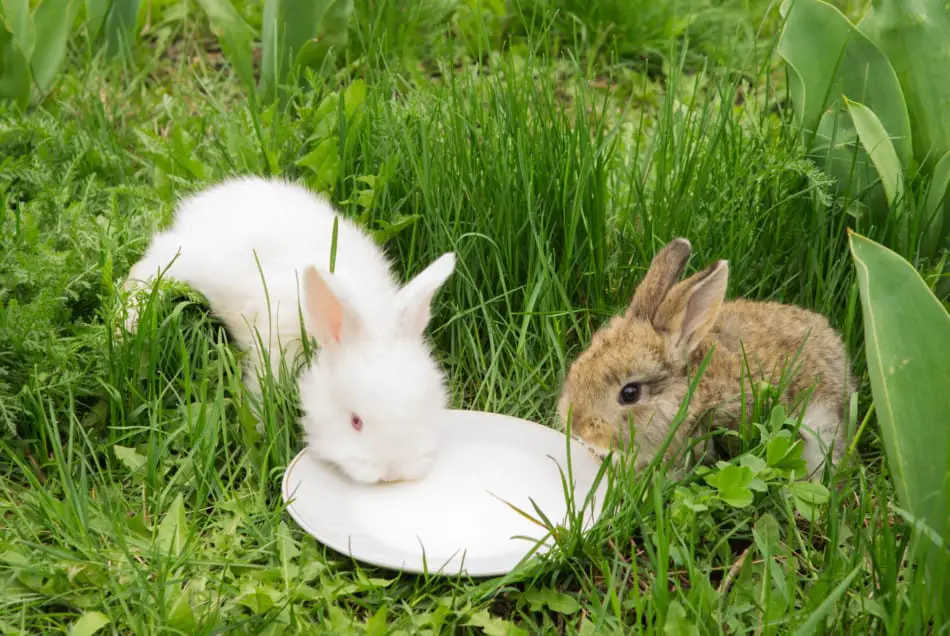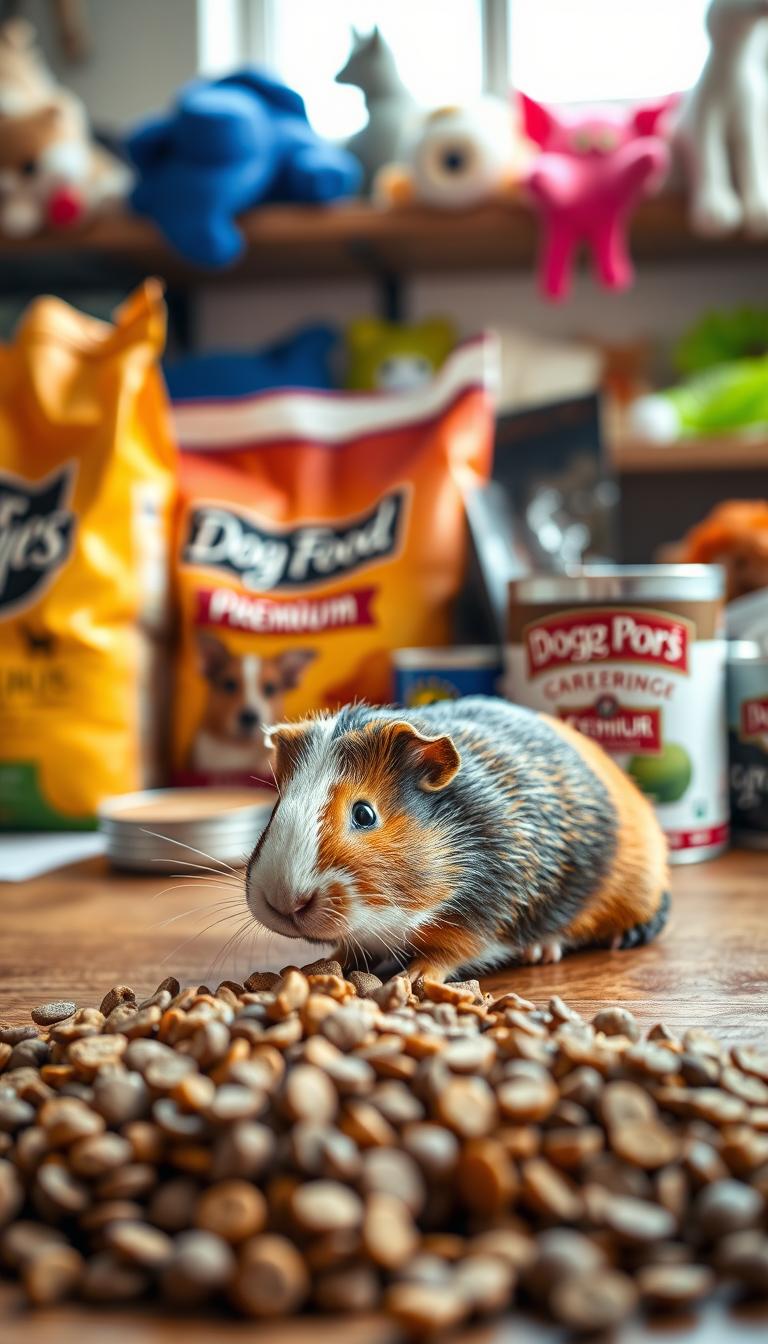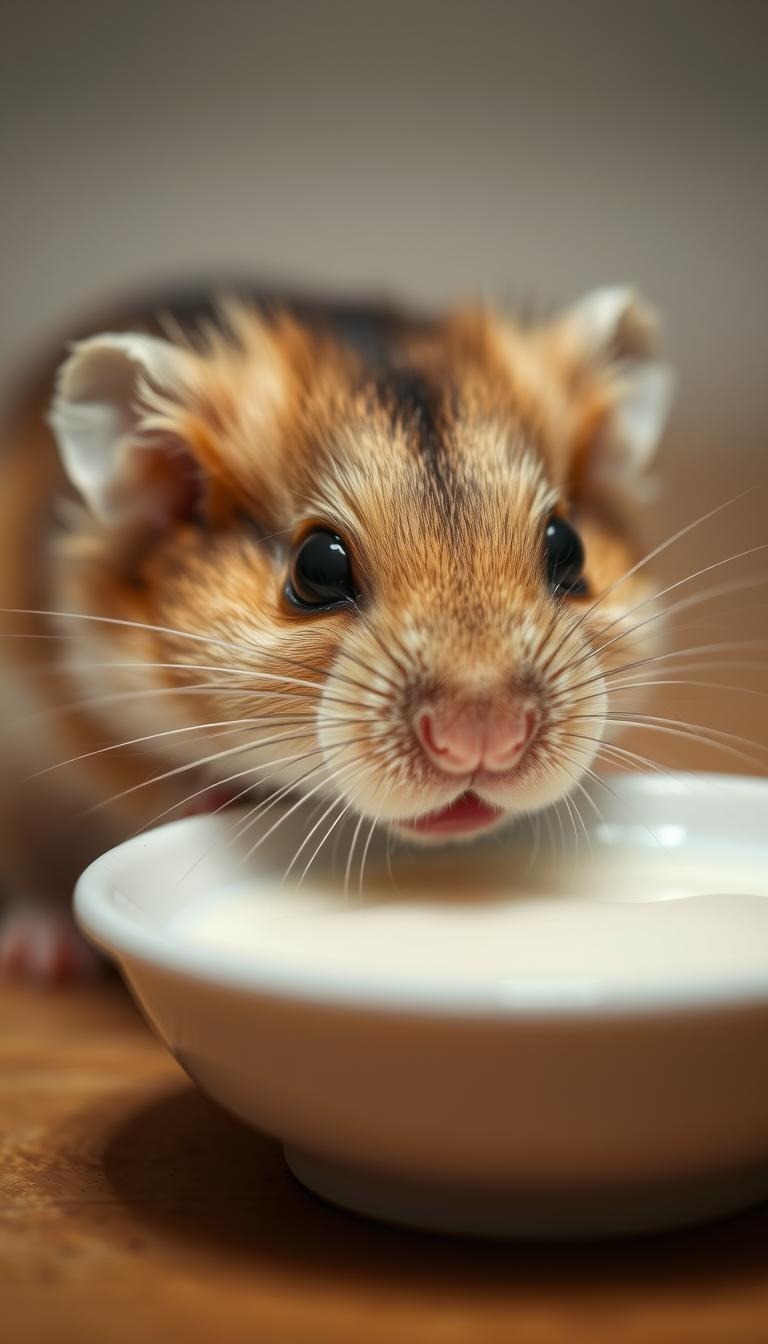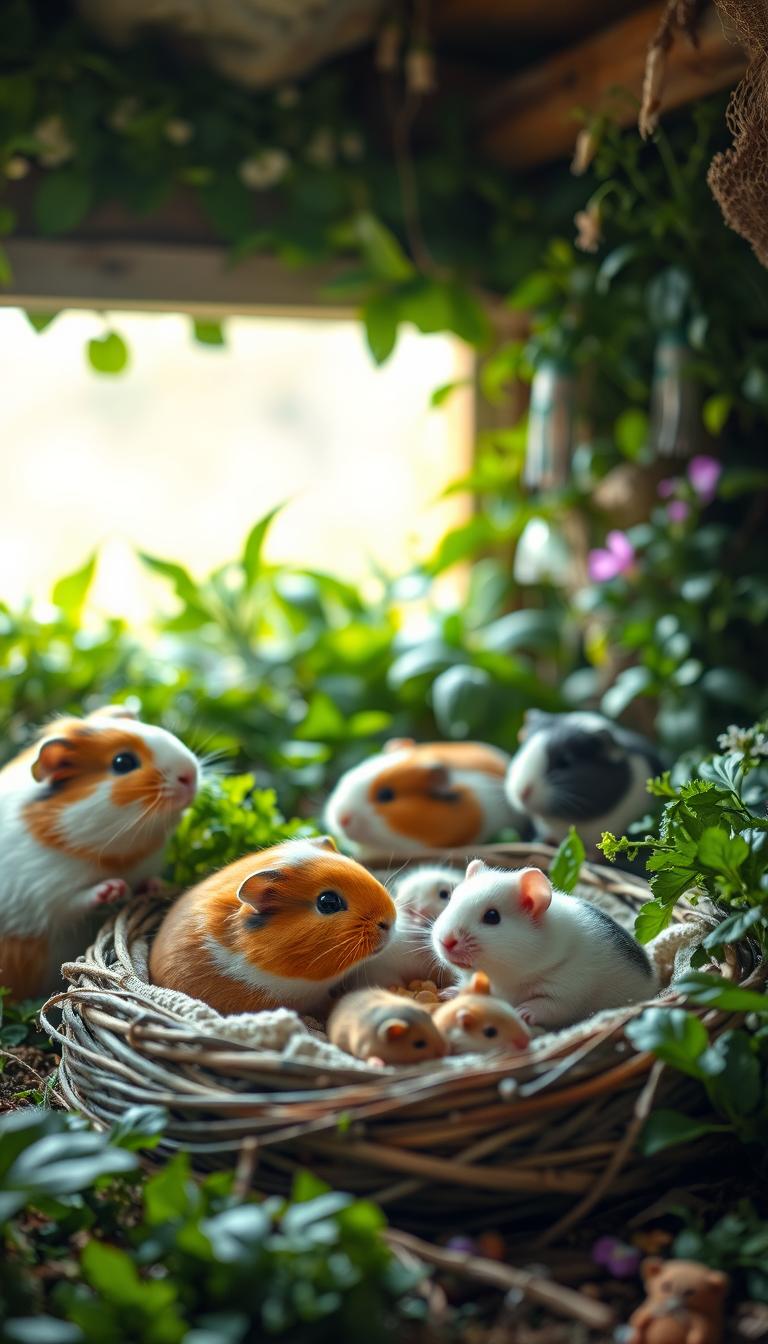For many pet owners, their pets are their absolute pride and joy. That means giving their pets only the very best: the best foods, the best toys, the best beddings. And then it comes to what to feed their pets, many owners swear by one of the most common types of milk: cow’s milk. If you’re a rabbit owner you should be asking yourself ‘Can rabbits drink cows milk’?
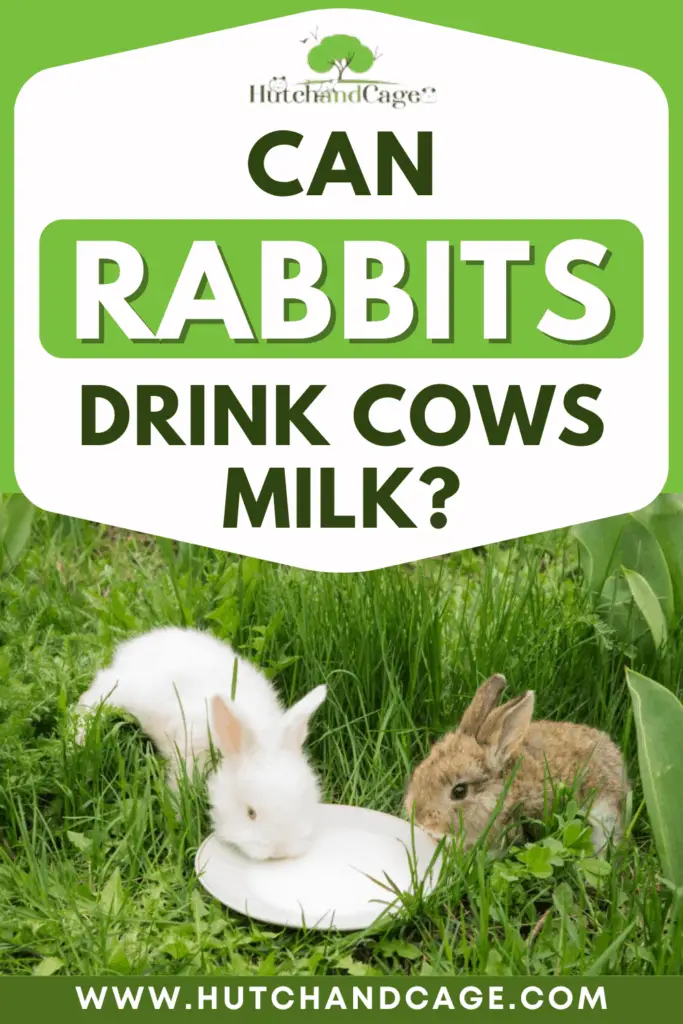
Can rabbits drink cows milk? It’s a bit surprising, but to say it simply, no, rabbits cannot drink cows milk. Rabbits are actually lactose-intolerant and cannot digest dairy well. Also, rabbits have very sensitive stomachs which makes it easy for them to get sick from anything that they put in their mouth.
Table of Contents
Can Rabbits Drink Cow’s Milk?
It may come as a surprising fact to many that no, rabbits cannot drink cow milk.
Do they drink it? Oh yes, they certainly do. Especially if their human owner puts cows milk on their dish. No rabbit can resist giving that a lick, not even the most stubborn one.
But do rabbits suffer from consequences because of doing so? Yes. Sadly, they do.
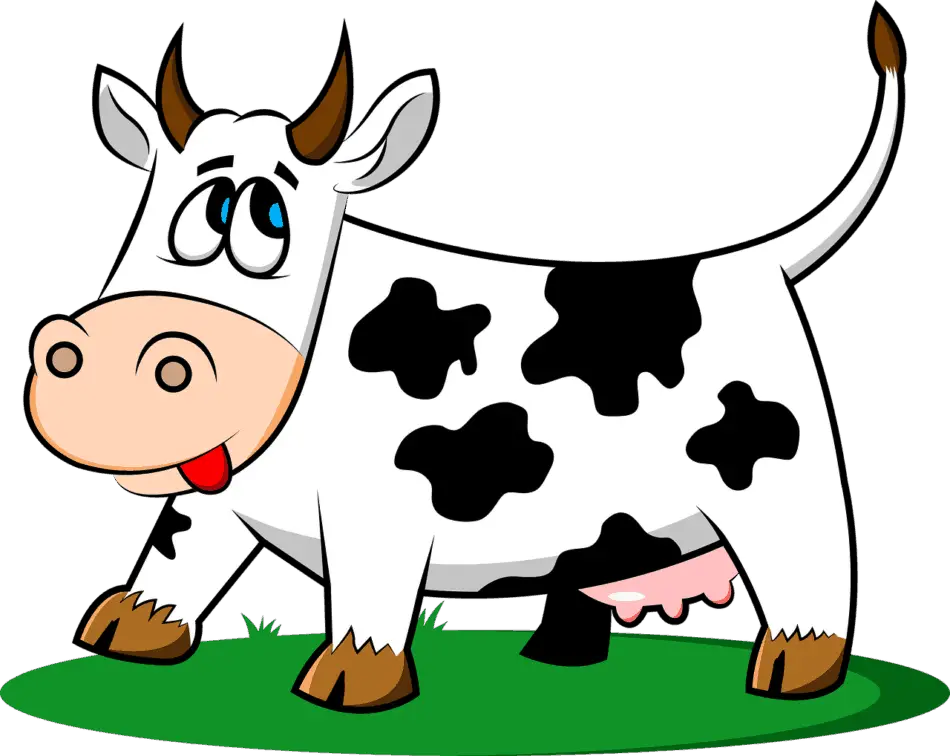
What Are The Implications?
Unknown to many, rabbits are actually lactose-intolerant animals. Have you ever met a lactose-intolerant person? If yes, then you know exactly what we’re talking about.
If not, then here’s another question: have you ever tried drinking too much milk? Too much coffee? Too much chocolate? Unless you’re lactose-intolerant yourself, then you’ve probably experienced it before.
Now imagine the rabbit’s smaller body experiencing the same things. Not nice, is it?
Of course, it doesn’t mean that your rabbit will die immediately if you give it cows milk. If you’ve just given some fresh cows milk to your rabbit before coming across this article, there’s probably no need to rush to the vet now. It’s not fatal or toxic to your rabbit in any way.
However, that doesn’t make it acceptable for you to continue feeding your rabbit cows milk. See, there’s one big difference between humans and rabbits in terms of how we digest our food: when rabbits drink or eat something that they shouldn’t, they can’t just throw up to get rid of it. Their system just wasn’t designed to do that. In other words, rabbits are physically unable to vomit.
In fact, some people have said that they actually killed their baby rabbits by giving them whole milk – that’s probably much too strong for their poor kittens.
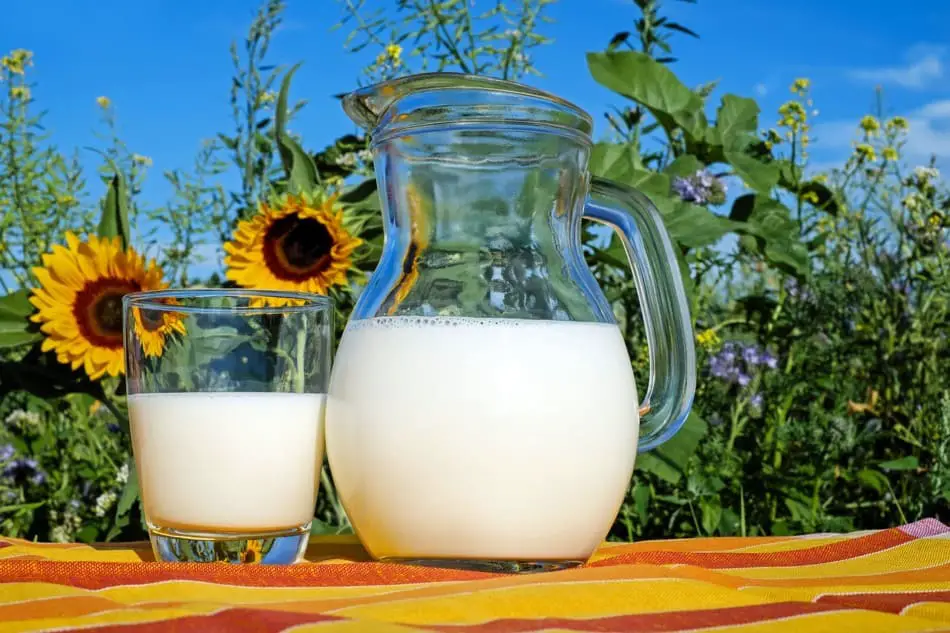
Why Can’t Rabbits Drink Milk?
Simply put, cows milk has ingredients that simply do not agree with a rabbit’s tummy. Rabbits have extremely sensitive stomachs and can get sick even from the smallest wrong ingredient. What more in cows milk, where the majority of the ingredients aren’t good for rabbits?
Besides, the mere fact that rabbits are lactose-intolerant means that they don’t produce enough lactase, the enzyme that allows us to break down milk sugar, a.k.a. lactose.
Here are the three main reasons why rabbits can’t drink cows milk:
- It has plenty of calories. Too many calories aren’t good for, well, anyone, but they especially aren’t good for your little fluffy friend.
- It’s very, very fat. Milk is fatty. That’s probably not a surprise, right?
- It’s hard to digest. Cows milk contains ingredients that the sensitive tummies of rabbits just can’t digest. Plus, they’re lactose-intolerant, which means they have a hard time digesting milk in the first place.
However, it’s not just cows milk that rabbits should avoid. Rabbits, being the lactose-intolerant creatures that they are, shouldn’t actually be given most foods containing dairy. That goes for any kind of dairy, be it yogurt, ice cream, or cheese. If you want your rabbit to remain healthy and happy, it’s best to avoid anything made from these.
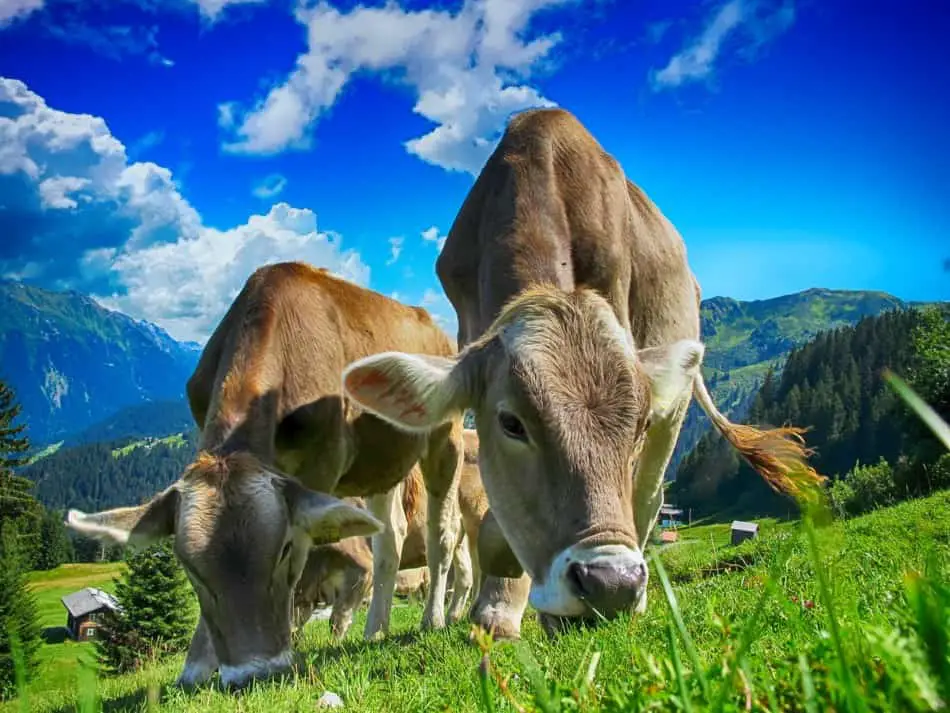
What Milk Can Rabbits Drink?
Luckily, rabbits aren’t averse to all kinds of milk. Especially during their first few weeks, milk is actually very important for motherless kittens to get their essential nutrients and vitamins from. The important thing is not to resort to cows milk no matter what.
Some alternative to cows milk include:
- Goat milk. Unlike cows milk, goat milk does not contain as much sugar or lactose. This makes it easier to digest, both for rabbits and humans. Goat milk also has smaller fat molecules, which makes it much easier to digest. Perfect for a rabbit’s sensitive tummy!
- Rabbit milk formula. Also known as kitten milk replacer or KMR. This milk formula can be bought in many veterinarian clinics or pet stores, for a price. Take note that this is not the same as milk for baby cats, also known as kittens. Both baby cats and baby rabbits are called kittens, but they have very different dietary needs so for your own pet’s good, please don’t make this mistake.
Conclusion: Can Rabbits Drink Cows milk?
To sum it up, milk is absolutely necessary for your rabbit to grow big and strong, but not all milk can be used for this purpose.
Cows milk, specifically, contains ingredients that are simply not suitable for your pet rabbit. Rabbits are lactose-intolerant and tend to have very sensitive stomachs. They’re also physically unable to vomit, which makes it important that you’re sure of what you’re feeding them before it even touches their dish.
If you really need to feed your rabbits milk, make sure that it’s something safe like goat milk or rabbit milk formula. These alternatives are much better than cows milk and are guaranteed to keep your rabbit’s tummy happy and healthy.
PN: Some of the information in this article was gathered from various websites which can be found at https://www.bestanimalsites.com/

